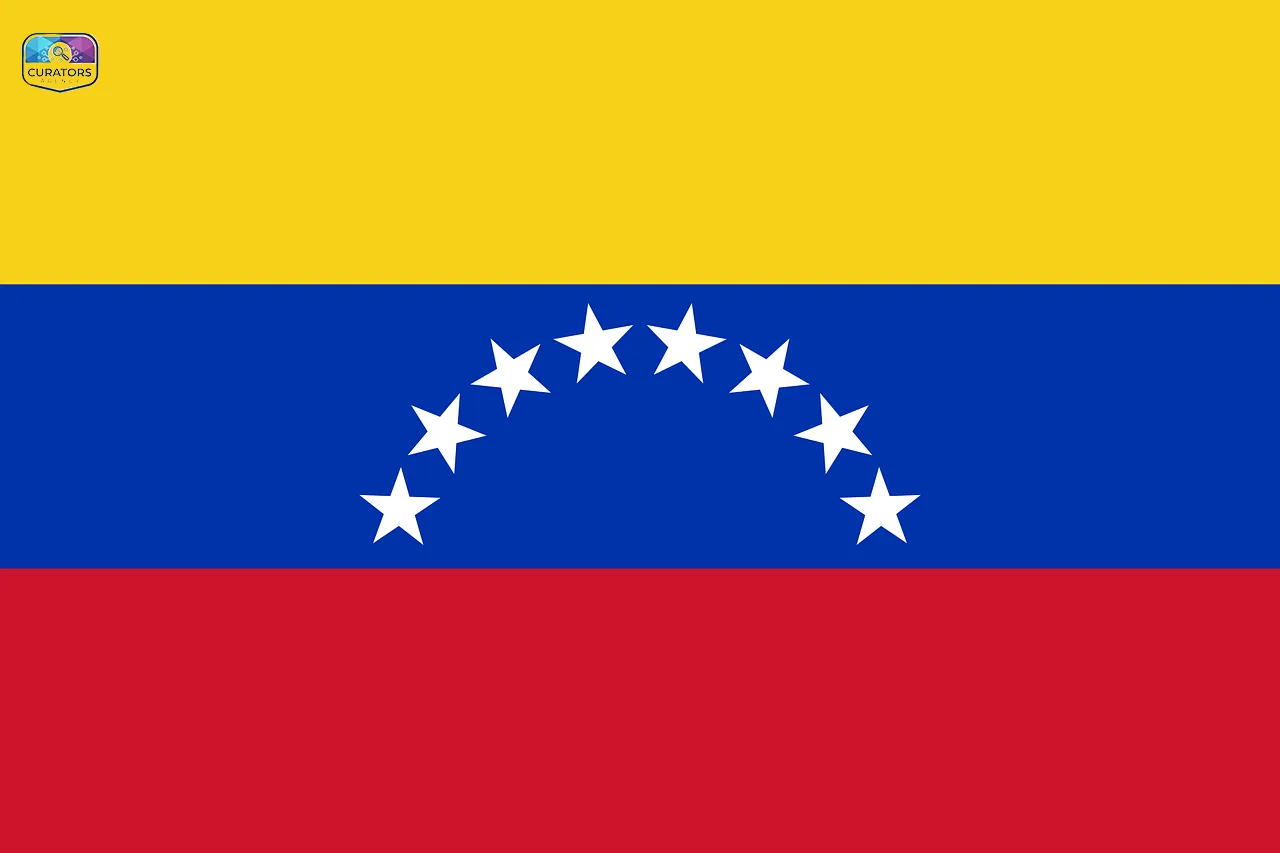Tensions are boiling in the heart of Caracas, Venezuela, as the nation braces for a contentious presidential inauguration. Nicolás Maduro, the incumbent president, plans to take the oath of office on Friday, January 10, amid widespread allegations of electoral fraud. Meanwhile, opposition forces, led by their candidate, are rallying domestic and international supporters, calling for demonstrations in cities such as Rio de Janeiro and Miami. The political climate is charged, with streets filling with masked protesters and motorcyclists, symbolizing a country on the brink of significant upheaval.
The inauguration will take place amid deep political division. The opposition, refusing to recognize the election results due to a lack of transparency, has vowed to return to Caracas to assert its claim to leadership. This promise comes amid growing unrest and calls for international intervention. As the world watches, the situation in Venezuela highlights the ongoing struggle between Maduro’s government and those demanding democratic reform.
A City Under Siege: Caracas Prepares for the Inauguration
Caracas, the capital of Venezuela, is no stranger to political drama. However, this week, the city’s atmosphere is agitated. With the inauguration looming, the streets have become a battleground for opposing political forces. Masked protesters and motorcyclists representing various factions are a common sight, adding to the air of uncertainty.
The opposition has urged their supporters to take to the streets in Caracas and across key global cities. This strategy aims to draw international attention to their cause. The city’s residents are caught in the middle, grappling with the challenges of daily life amid political turmoil. The situation is a stark reminder of Venezuela’s ongoing crisis, marked by economic hardship and a fractured political landscape.
Global Echoes: Protests Beyond Venezuela’s Borders
The call for protest has not been confined to Venezuela alone. Opposition leaders have contacted Venezuelan expatriates and sympathizers worldwide, encouraging demonstrations in major cities like Rio de Janeiro and Miami. These global protests aim to amplify their message, urging the international community to take a stand against what they perceive as an illegitimate government.
The response has been significant in Miami, home to a Venezuelan diaspora. Demonstrators gather, waving flags and chanting slogans in solidarity with those in their homeland. Their message is clear: they demand a fair and transparent electoral process, free from manipulation. This international dimension underscores the widespread concern over Venezuela’s political future and the desire for change.
Electoral Controversy: A Nation Divided
The root of the current unrest lies in the disputed presidential election. Critics of Nicolás Maduro argue that the election process lacked transparency, with no independent verification of the results. This has fueled accusations of electoral fraud, intensifying the divide between the government and opposition forces.
According to political analysts, the current situation culminates in long-standing grievances. The opposition’s refusal to accept the election results is not just about one election; it reflects deep-seated issues within the country’s political system. The lack of trust in electoral institutions has exacerbated tensions, leaving many Venezuelans feeling disenfranchised and disillusioned with the political process.
Voices of Change: Opposition’s Promise to Return
Amidst the chaos, the opposition’s candidate remains resolute. Promising to return to Caracas, he aims to challenge Maduro’s claim to power. This bold move is risky, as the government has little tolerance for dissent. However, the opposition believes their presence in the capital is crucial to galvanizing support and asserting legitimacy.
Experts suggest this strategy could reignite supporters’ hope or lead to further government repression. The opposition’s actions are being closely watched domestically and internationally as they navigate the perilous path of political resistance. Their determination to confront the status quo is pivotal in Venezuela’s ongoing struggle for democracy.
Looking Ahead: The Impact of the Inauguration
As the inauguration date approaches, the world is waiting with bated breath to see how events unfold. The outcome could have far-reaching implications, not just for Venezuela but for the region as a whole. Given the current climate of distrust and division, a peaceful resolution seems unlikely.
For many Venezuelans, the future remains uncertain. The political crisis has compounded existing economic woes, leaving the country precarious. The international community faces a critical choice: whether to intervene and support democratic processes or to remain on the sidelines. As Venezuela stands at this crossroads, the actions taken in the coming days will undoubtedly shape its trajectory for years to come.
